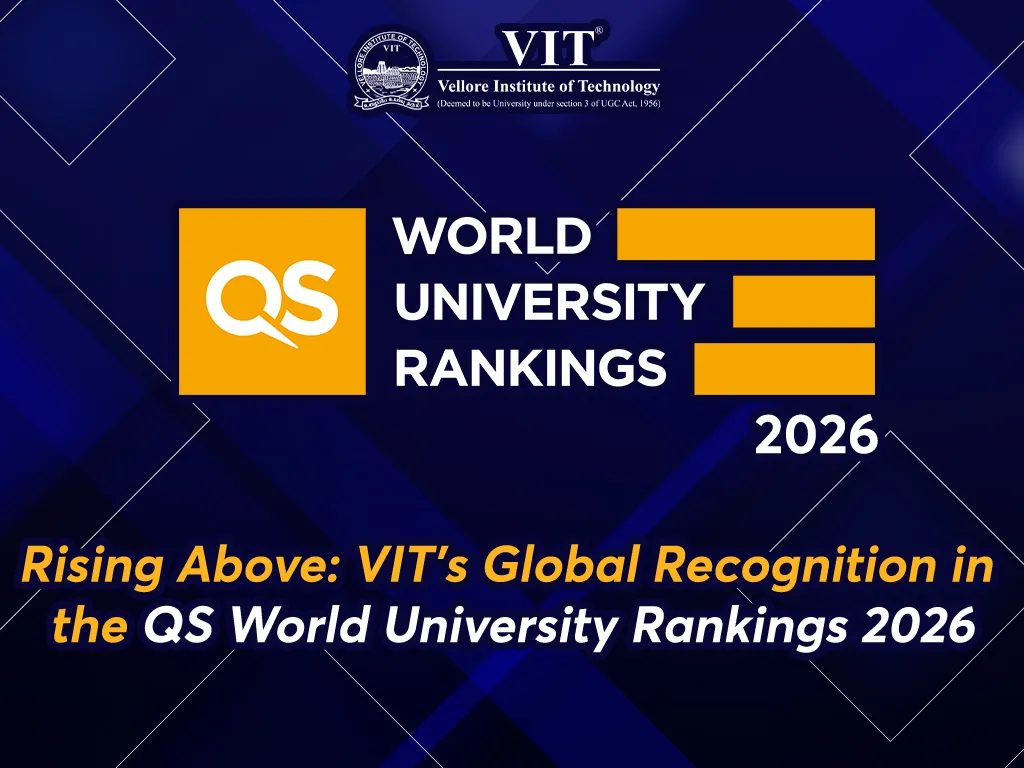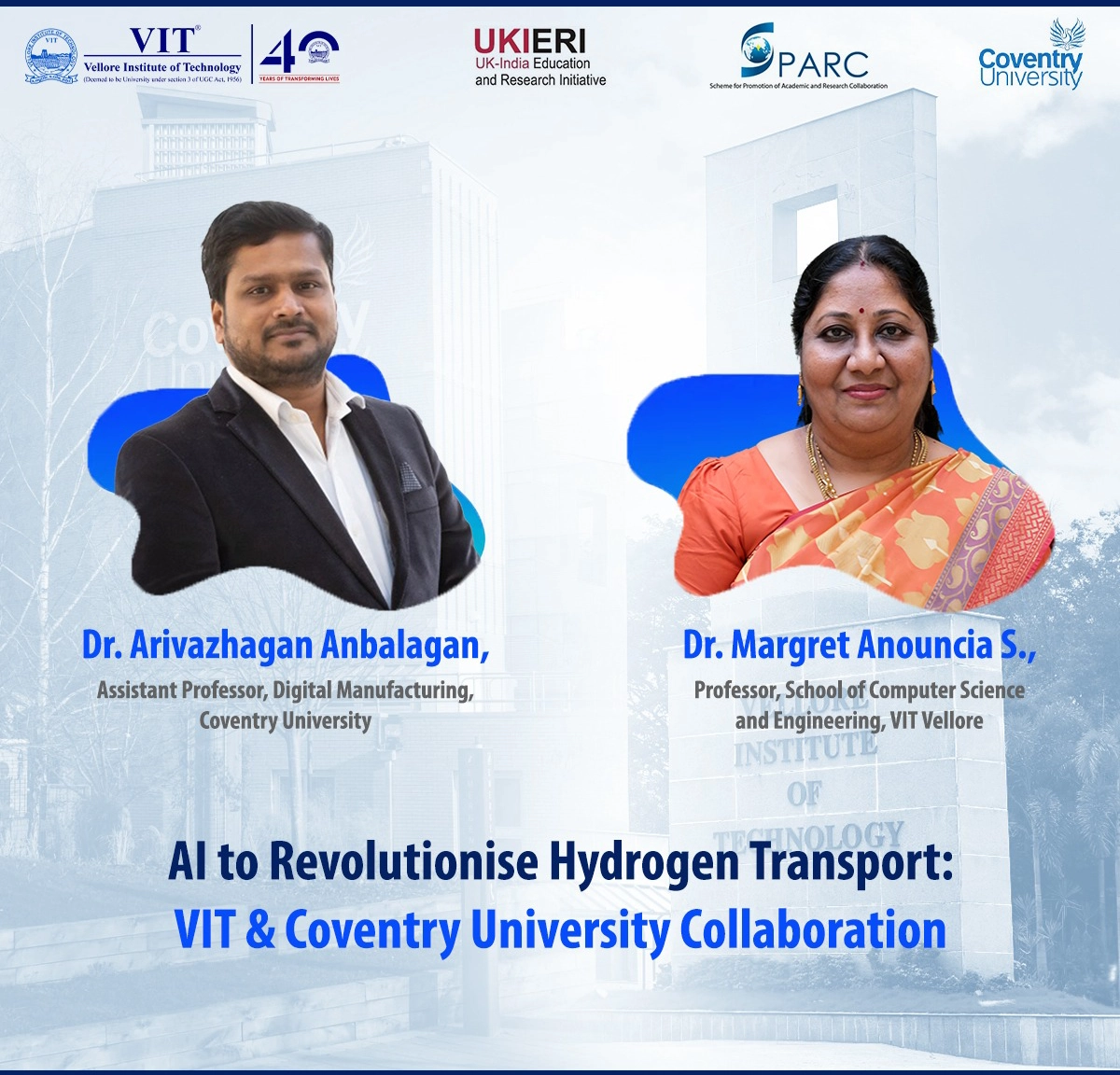Unveiling the Coolest Engineering Jobs You Never Knew Existed!
Engineers are an integral part of any industry. Although it is the latest market trends that determine the popularity of engineering programs or jobs, with millennials comprising the largest population of the current workforce, IT (information technology) or CSE (computer science engineering) with specialization in cybersecurity or data sciences are the most in-demand engineering programs or sought-after professions. Even core engineering (B.Tech) students from mechanical or civil branches are pursuing a few IT-related certifications (Programming and Automation) to be competitive in the current job market.
Notably, millennials are the first generation of individuals to have familiarity with the internet, mobile devices, and social media. With rapid technological advancement and digital services being required in almost every industry, including banking, finance, insurance, healthcare, retail, auto, and aerospace, among others, the millennials, including engineering students, are the largest generation in the modern workforce. They look for opportunities that not only provide them with high earning possibilities but also pique their interests and allow them to stay ahead of the game.
- The coolest (unconventional) engineering job options:
With new design and innovation, an engineer is contributing significantly to the advancement of technology that could shape a futuristic society. There are a few unconventional engineering jobs that can enhance the design and invention prowess of an engineer.
- Cartographer: Cartographers review, collect, interprets, compile, and retrieve geographical data for educational, business, and environmental purposes. The thematic maps and charts created by them help in land-use planning, zoning, geology, urban planning, business decisions, and environmental studies.
- Testing Engineer: Companies employ testing engineers to thoroughly test their product before it qualifies to enter the market. Keeping in mind the needs of a customer, a testing engineer builds system that scrutinizes a product based on its design, quality, functionality, and reliability.
- Civil Engineering Technician: A civil engineering technician collaborates with a civil engineer in designing and building commercial or residential projects They are primarily responsible to reviewing project drawing, determining sizes of structures, estimating costs for constructing systems, conducting field surveys, and testing construction materials, etc.
- Aerospace Engineering Technician: Assisting aeronautical engineers in the testing, development, and maintenance of a new aircraft or spacecraft. These will include testing equipment, operating computer systems, recording test data, programming and running computer simulations, presenting research results, installing instruments in the aircraft, and ensuring quality maintenance of aircraft/spacecraft systems.
- Nuclear Engineer: A nuclear engineer is one of the most popular occupations among millennials. It is about how to develop nuclear software and systems, including running simulations, creating operational instructions, and developing nuclear hardware and software, including reactors, cooling systems, and control mechanisms.
- Marine Engineer: A marine engineer drafts designs for ships, boats, submarines, and other waterborne vessels. They are also accountable for maintaining the internal systems that operate the vessels on the water, such as control power, steering, heating, cooling, ventilation, and hydraulics. A marine engineer should be proficient in math.
- AI and ML Engineer: Abbreviated as AIML, this is often called the future of engineering. AIML will be the catalyst that will integrate humans and machines. Artificial intelligence (AI) has the ability to deal with human behavior and emotions, whereas machine learning (ML) can acquire data without programming. Various educational institutions across India, like the VIT, are extensively promoting courses related to AI and ML.
- Safety Engineer: A safety engineer is responsible for checking the health and safety policies of the organization in accordance with industrial regulations. They should ensure that machinery or equipment is able to conform to safety requirements by identifying potential hazards and recommending rectifications.
- Engineering Managers: Tech companies also demand a lot of management. An engineering manager is in charge of, among other things, overseeing processes for research and development, coordinating teams, setting technical objectives, developing plans for the creation of new products, proposing budgets, maintaining safety, and keeping an eye on employee performance.
- Parameters that can help engineering students to get placed in top companies
Every year, B.Tech placements happen among all the top universities in India. For a student, it is important to follow a few processes to get selected for the companies of their choice. These include having a strong CGPA, having strong fundamentals (foundation) of the subject, and identifying and choosing the area of interest because recruiters often ask questions related to students interests.
In addition, it is important to have one or two industry-affiliated certifications, like AWS or cybersecurity, among others. Educational institutes like VIT offer numerous certification courses for the benefit of students, like the civil engineering students who are part of the L&T training process and the biotechnology students who are acquiring additional pharmaceutical certifications.
It is also important that a student be involved in numerous extracurricular activities that can enhance their management, communication, and soft skills. Every engineering student should find a path that improves their journey. Right from the first semester of engineering, a student should identify what skills they should improve, their area of interest, and how they can enhance them.
Further, it is advisable that a student actively participate in projects, internships, and voluntary gigs (like helping in an NGO) that showcase their people skills and empathetic qualities. A B.Tech student should start working on his or her resume right from the first semester and build a portfolio focusing on their CGPA, projects, internships, and extracurricular activities. According to Business Insider, there are some top employers that universities consider for engineering placements, and students also consider them as dream jobs. To be a part of such dream companies, an engineering student should start building their portfolio towards their career path.






